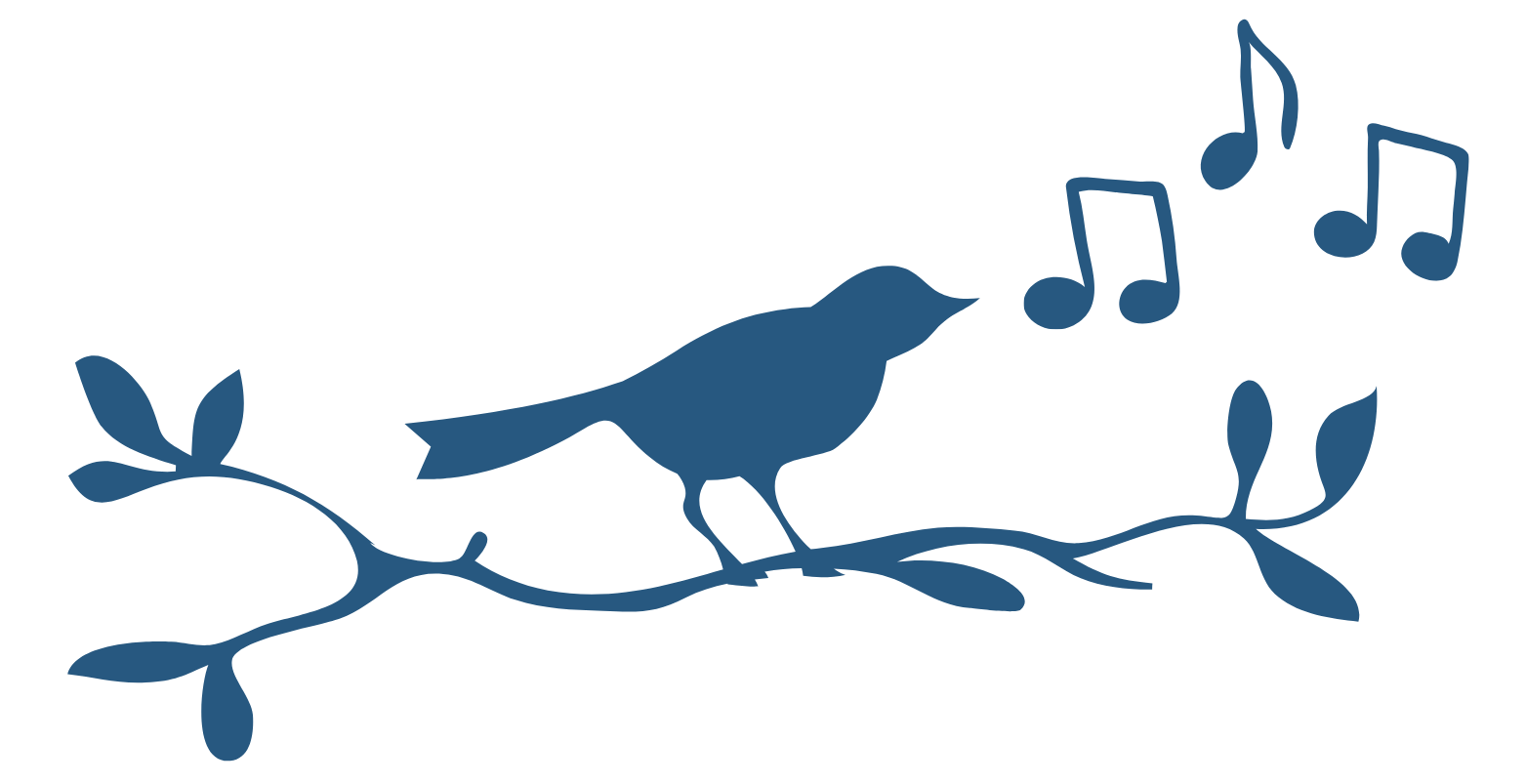It's Never Too Late to Learn How to Sing - Here's Why

A common statement I have come across is that 'I've missed my chance' or 'that ship has sailed'. If this has been running through your mind regarding singing lessons, you could never be too far from the truth. I have been inspired to write this article to encourage people of all ages that it's never too late to learn how to sing.
There is no age limit when it comes to learning how to sing. Learning to sing requires motivation, focus, commitment, time and patience, which are all attributes commonly found in older students. Also, the human brain is capable of learning at any physical barriers can be overcome with dedication.
I will explain in more detail why I believe older students possess all the qualities required to learn how to sing and why the brain is capable of doing so. I will also outline common physical barriers that you may come across, how you can overcome them and why singing is actually beneficial to your body.
Why It's Never Too Late to Learn How to Sing
Many people are led to believe that their age is working against them achieving their goals and doing what they love. But being 'old' is an incredibly subjective term. It's human nature to feel older than you are, just ask any little girl who thinks she can use a kitchen knife because she's a 'big girl now', or any teenage boy who thinks he should be driving a car at 13 years old.
The truth is, most people age themselves mentally quicker than their physical bodies are aging. When working as a sonographer, I've come across many people over 80 years old who your would think are in their 60's. If you will yourself to whither away with age, your body will follow in those footsteps.
With that said, below are key personal attributes that are required to learn how to sing, and why they can apply to any age. All the technical skills of singing can be learned and developed with time, as long as you have these attributes.
What it Takes to Learn How to Sing
Motivation
If you are reading this article, then you have already shown an element of motivation to learn how to sing. Your passion for singing is your motivation, which is what likely led you to search whether or not you are too old. You haven't missed your chance, and by searching for this answer, you are showing that you have what it takes to start your singing journey.
Most children taking singing lessons do so because their parents enrolled them and are paying for lessons. There's no denying that some children have a passion for singing and enjoy their lessons, but paying for your own lessons can be another great motivator to work hard and do your best.
Focus and Commitment
Remaining focussed is something that everyone can struggle with. Children struggle because they still have to learn that skill, and adults struggle because there is usually so many other thinks to think about.
However, one benefit that comes with age is that you are mature enough to take ownership of your own learning. This means pushing yourself to remain focussed during lessons, respect your teacher and take ownership of your learning.
Time
Life is always busy. Young people have school and homework, young adults have the chaos of family life, and the older generations may have more responsibilities at work or be looking after grandchildren.
The difference between a child and an adult is that you have control over your own time. Your calendar and daily schedule is ultimately your own and, if you are committed, you can make dedicate time to improving your singing voice.
Patience
As we grow older, we become more aware that good things come to those who wait. This means that older students understand the importance of regular practice and warming up your voice before singing. They know that hard work pays off in the long-run. Without patience, it is easy to give up before you start to see the results of your efforts.
Why you can still do it
You can see that all of the above attributes are applicable to older student as well as younger ones. Just to further convince you that you can start singing at any age, here's some information on why your body and brain and still capable of learning to sing, even if your mind is unsure.
Your Brain is Ready When You Are
The brain is incredibly adaptive. It is true that the brain is at it's most flexible at an early age, but there is never a point in time as we age that the brain becomes incapable of learning new things.
Each time you try new skills, your body creates new neural pathways that adapt to what you are learning. This means that you can teach your brain new musical techniques and concepts at any age. You can train your brain to have perfect pitch or to develop a steady sense of rhythm.
There is always variations among different people, where some find it harder to learn than others, but this equates to the effort you put in. It does not mean that it cannot be done. Being young or old doesn't change the amount of effort required to learn how to sing, it just determines whether or not you establish good learning habits early on in life.
Physical Barriers That You Can Overcome
To say that age has no affect on learning to sing would be incorrect, even though it is definitely the case that everyone can. There are a number of changes that occur within the body as you age that will affect your singing voice, but these changes will not stop you from singing.
All this means is that there may be specific barriers that you need to work through as an older student. But everyone has barriers. Children have the barriers of immaturity, puberty and other normal adolescent issues. For you, it may be one or many of the changes listed below.
You may feel like these changes have caused you to lose control of your voice. But there are a number of ways that you can regain control of your singing voice through vocal exercises. For more information about these exercises, click here.
Changes to the Larynx
Women
Women specifically experience great variations in their hormones throughout their life. Estrogen and progesterone change significantly during puberty, pregnancy and menopause, causing their voice to change in ways that make it harder to sing. This includes voice cracking, thickened mucous, a dry throat, stiffening of the larynx and the thinning of muscles.
Men
Men experience hormonal changes during puberty, but have relatively stable hormonal levels into their old age. This is why men's voices seem to experience more of a gradual change.
Over time, both men and women experience thinning and stiffening of the vocal cords. This can leave a small gap between the membranes of the vocal folds, giving the voice a weaker and breathier sound. This condition is known as 'Presbylarynx' ('Glottic Insufficiency' or 'Bowing Vocal Cords'). This condition can cause your voice to flick between a normal sound to a falsetto sound, almost like a yodel.
Other Changes That Can Affect Your Voice
There are also a number of other changes to the body that can affect how you sing. These include:
- Change in posture: Constricts the function of the rib cage and neck/larynx
- Reduced lung capacity: Affects your ability to breathe in deeply
- Hearing loss: Makes it harder to correct your own mistakes and hear pitch
- Reflux: Can cause irritation and damage to the larynx
- Reduced muscular control: Easier to strain the voice and causes vocal tremor
Again, these changes are not going to stop you from learning to sing. Things such as physical therapy, hearing aids and medications can be arranged after consulting with a doctor to help overcome these issues. The exercises mentioned above are also a great way to strengthen your voice and regain control.
Medical Conditions
As we age, there is also an increased risk of developing long-term conditions of the throat that cause permanent changes to the larynx and vocal cords. This includes vocal nodules or scarring of the vocal cords.
These conditions can occur through a lifetime of overusing the voice (common in teachers who constantly need to raise their voice). These are also conditions you will need to look out for once you begin singing. An early sign of vocal damage is a sore throat, which is why it is important to prepare your voice properly for singing.
If nodules or scarring occurs, you will need to have this confirmed by a medical professional. You can then see a specialist or vocal therapist to help you work through these conditions. Permanent damage to the vocal cords is one of the most challenging things to work through if you are wanting to learn to sing, so make sure to look after your voice.
How Singing will Benefit Your Mind and Body
If you haven't had the chance to learn how to sing your whole life, then there is another reason why you should consider starting now. Singing is not only enjoyable, but it also has other health benefits that may interest you.
Stimulating the Brain
I mentioned earlier that the brain can form new neural pathways as you learn, even in old age. Learning to sing therefore stimulates the brain in ways that encourages cognitive development.
In other words, it makes your mind sharper and can slow the progression of age-related deterioration, such as Alzheimer's disease or Dementia. This is why music is used as a therapy for the elderly to improve behavioural changes and cognitive function.
You will also find that learning to sing will help improve your memory. So if you've started to notice that your memory isn't quite what it used to be, then learning to sing is a good idea.
Improving Your Mood
Singing can also improve your emotional well-being. Studies show that those that sing (or play music) are generally happier. This is because the music initiates the release checmicals,such as dopamine and serotonin, that make us feel joy.
It also decreases cortisol, the hormone released when we are stressed. This means that singing will make you feel more relaxed and calm.
Improves Physical Health
There are a number of other amazing thing that singing can do for your body. These include:
- Lowering blood pressure
- Reducing heart rate
- Improves immunity through increased antibody production
How Can I Get Started?
If this article hasn't convinced you that you're not too old to start singing, then I don't know what will. S if you are ready to start your journey in learning to sing, you should find yourself a good singing teacher to guide you through the process. Here is an article in finding the right singing teacher for you.
You should also look for local singing groups or choirs that you can join. Joining a singing group will allow you to get together with other like-minded individuals (people who love to sing!) and give you the opportunity to perform on stage. Once you get your foot in the door, you never know what opportunities await!
